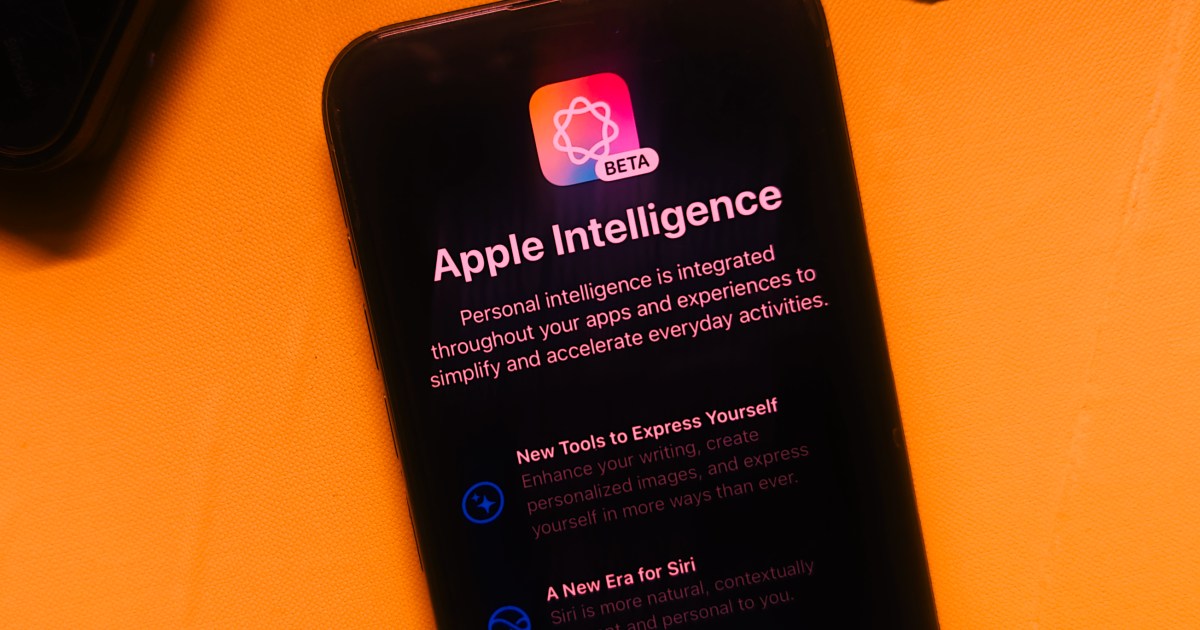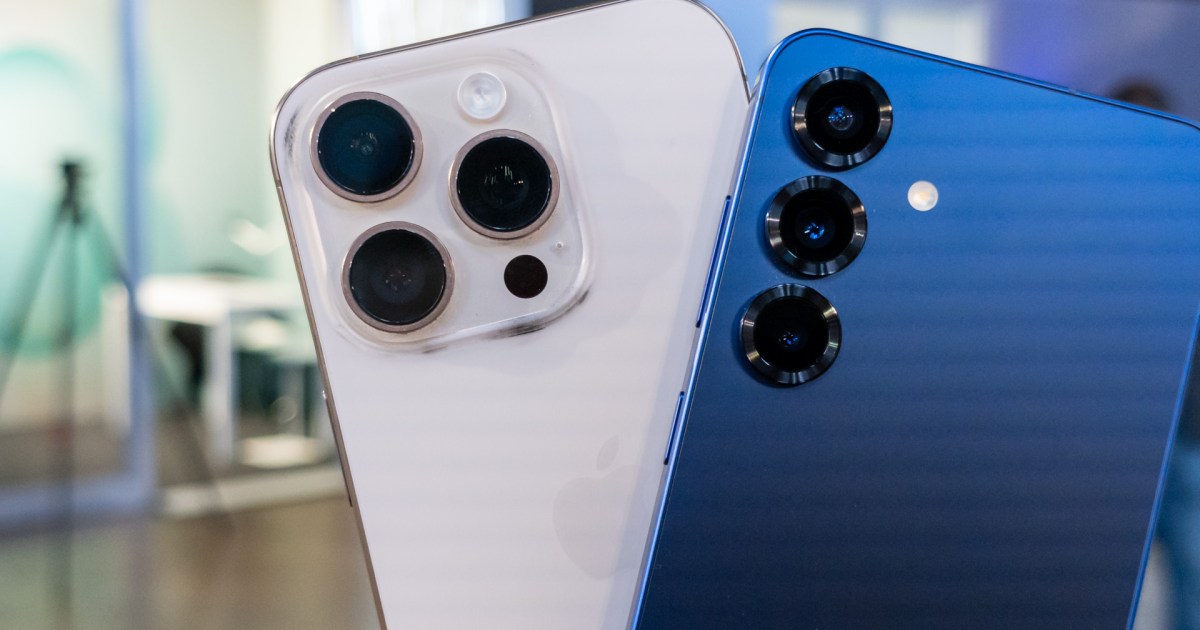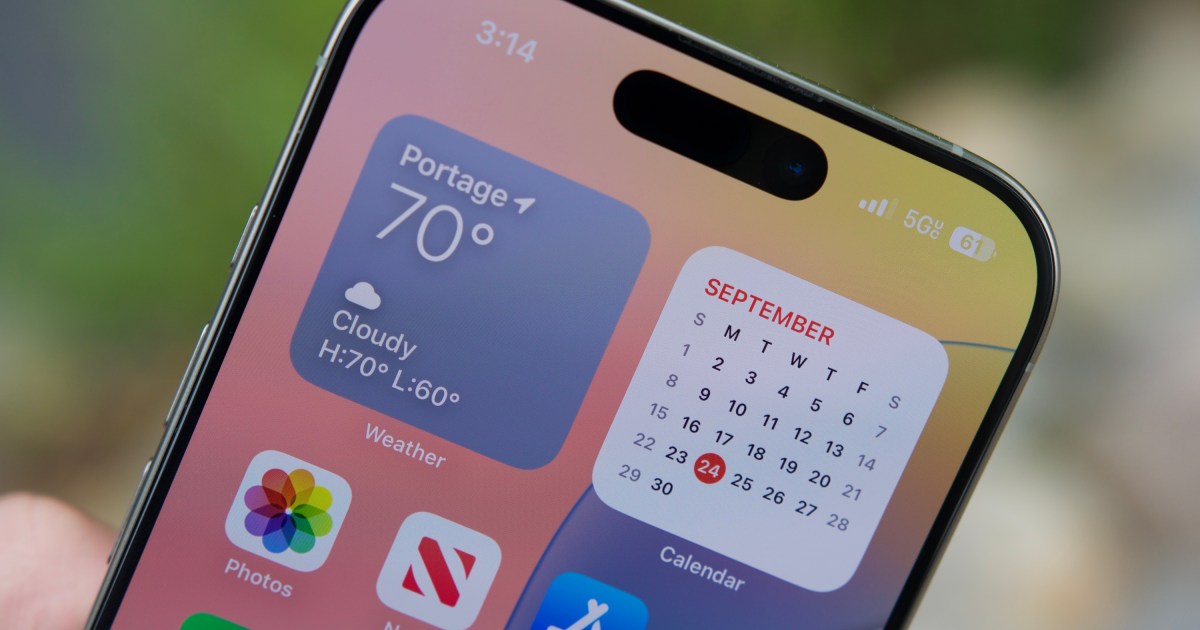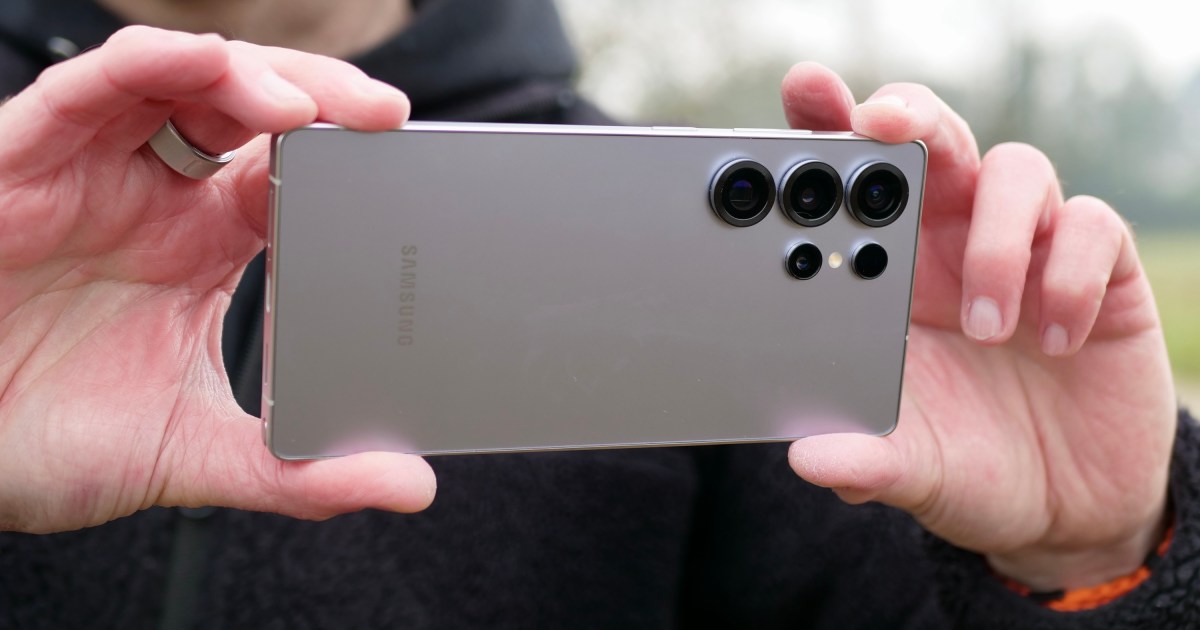Apple’s AI integration on iPhones, particularly in China, has faced challenges due to regulatory hurdles and the need for a local partner. This has limited Chinese iPhone and Mac users’ access to the Apple Intelligence tech stack, which has been available elsewhere for months, powered by Apple’s own generative AI tools and OpenAI’s GPT technology. However, Apple has announced a significant breakthrough by partnering with Chinese tech giant Alibaba to lead its AI efforts in the country.
This partnership is crucial for Apple’s growth in the Chinese market, a region vital to its manufacturing and sales. It addresses the regulatory requirements mandating a local partner for AI services, finally enabling Apple to deliver generative AI capabilities on its devices in China. This move comes after rumored discussions with other Chinese tech companies such as Tencent and Baidu.
According to Alibaba Group chairperson, Joseph Tsai, Apple was highly selective in choosing a partner, ultimately opting for Alibaba’s AI technology to power its iPhones in China.
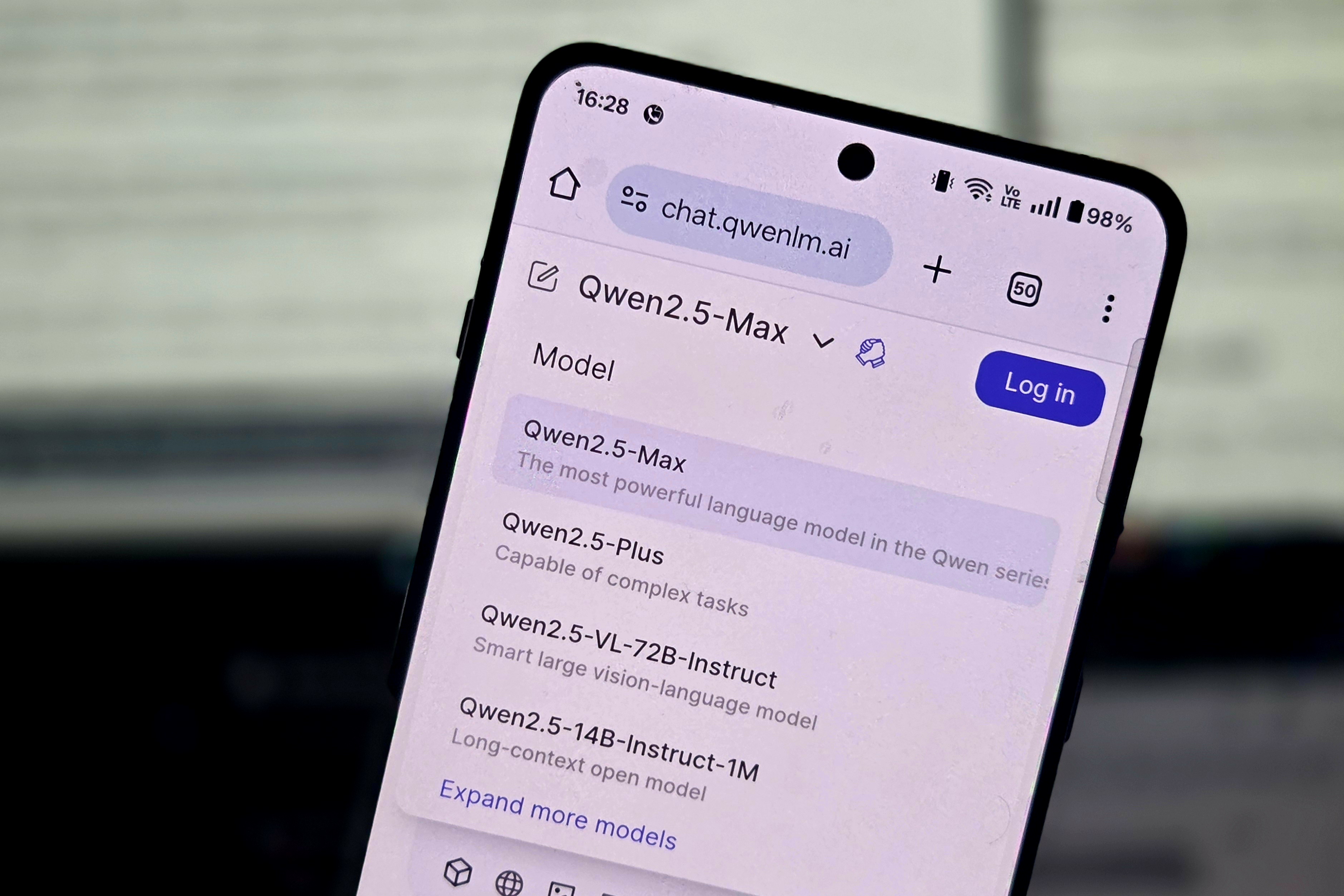 Alt text: Alibaba logo. This partnership will bring Apple Intelligence features to Chinese iPhone users.
Alt text: Alibaba logo. This partnership will bring Apple Intelligence features to Chinese iPhone users.
Why This Partnership Matters
This collaboration with Alibaba holds immense significance for Apple as it strives to regain market share and compete with local rivals like Huawei. The Chinese market represents a significant portion of Apple’s user base, and offering competitive AI features is crucial for maintaining its position.
While Apple has partnered with OpenAI globally, it remains open to integrating other AI models like Google’s Gemini and Anthropic’s Claude into its Apple Intelligence ecosystem. Alibaba is a formidable player in the AI landscape, having recently released its Qwen 2.5 AI model. The company claims Qwen 2.5-Max surpasses models like GPT-4, DeepSeek-V3, and Llama-3.1-405B in performance. According to Hugging Face, Qwen powers several of the world’s top ten open-source large language models (LLMs).
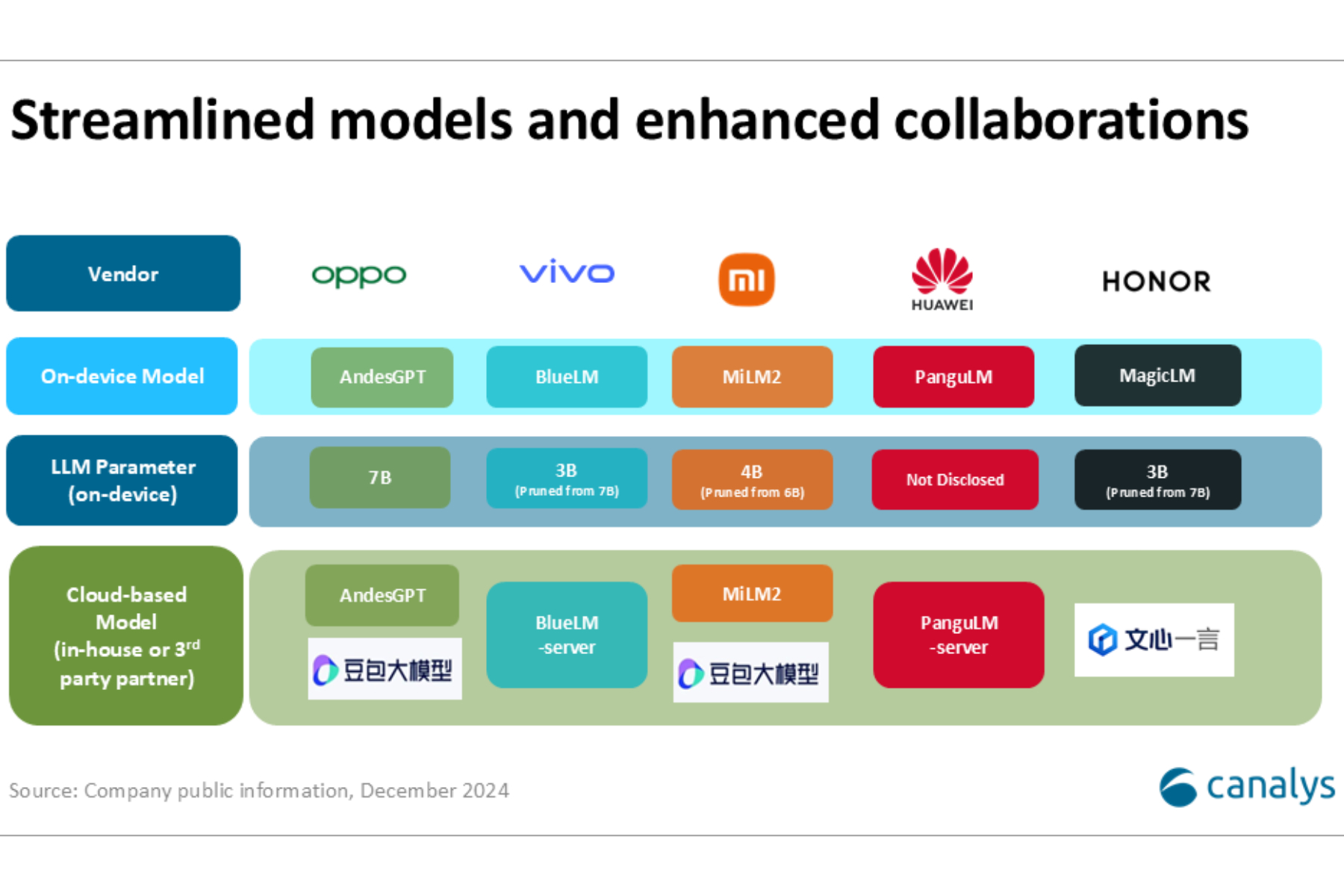 Alt text: Graph showing the growth of AI-capable smartphones in China. This illustrates the importance of AI integration for the Chinese mobile market.
Alt text: Graph showing the growth of AI-capable smartphones in China. This illustrates the importance of AI integration for the Chinese mobile market.
The Rise of AI in the Chinese Smartphone Market
The Chinese smartphone market has seen an explosion in AI adoption. According to Canalys, the AI-capable smartphone market in mainland China experienced a staggering 591% year-on-year growth in shipments during Q3 2024. Major Chinese smartphone manufacturers, including Xiaomi, Huawei, Vivo, and Oppo, now offer both on-device and cloud-based AI features, similar to Google’s Gemini Nano on Pixel phones and Samsung’s Galaxy AI.
Rapid advancements in on-device AI model optimization, reduced costs, and improved performance have driven the widespread availability of AI features in Chinese smartphones. Chinese companies are leveraging both closed and open-source ecosystems to accelerate innovation. A prime example is DeepSeek, whose emergence disrupted the US AI market and was quickly adopted by smartphone manufacturers like Honor. China’s robust policy framework and emphasis on privacy have further encouraged local brands to embrace AI.
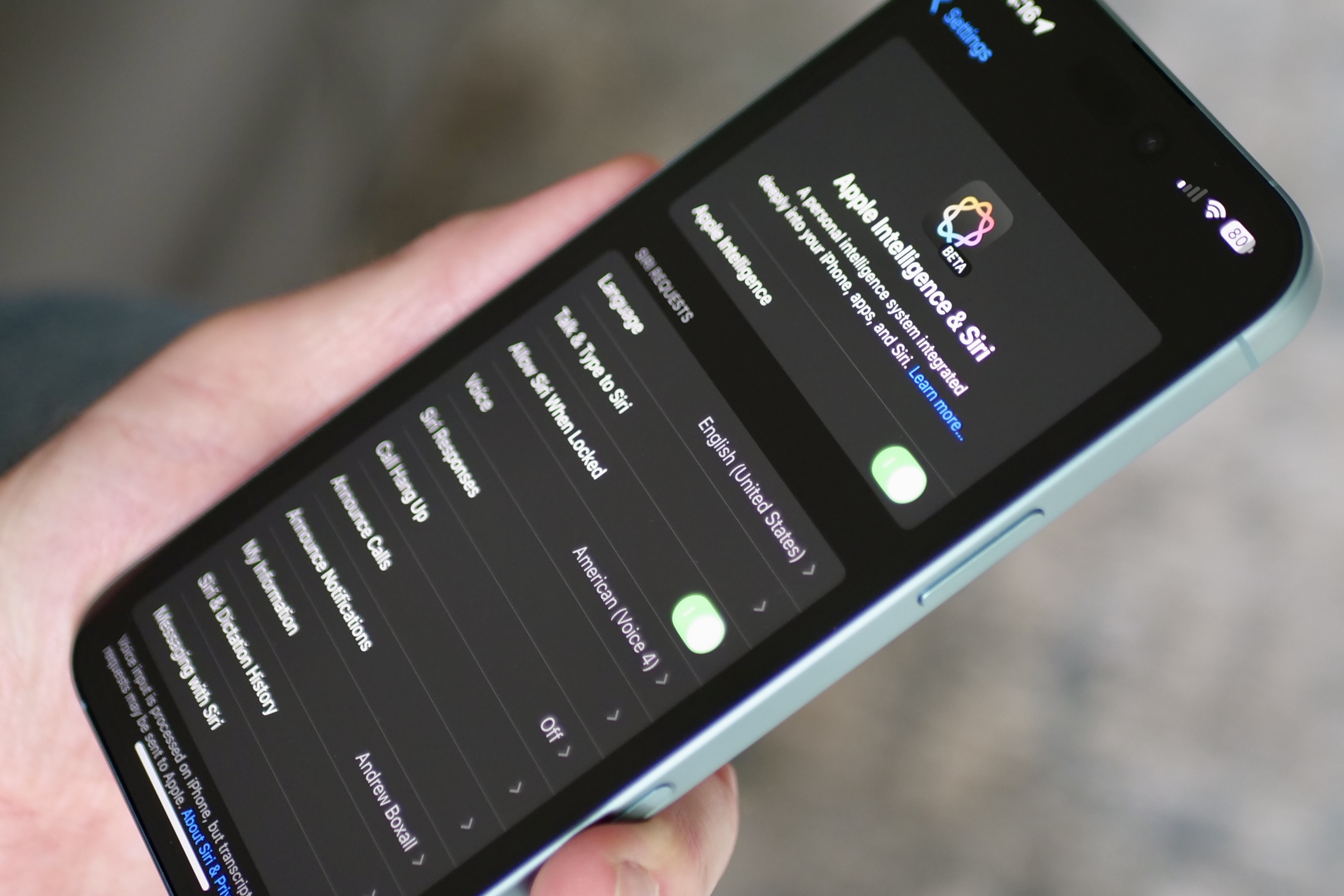 Alt text: Apple iPhone 16 Plus displaying Apple Intelligence features. This partnership with Alibaba could lead to more rapid development of AI features on Apple devices.
Alt text: Apple iPhone 16 Plus displaying Apple Intelligence features. This partnership with Alibaba could lead to more rapid development of AI features on Apple devices.
Global Implications of the Apple-Alibaba Partnership
Chinese smartphone brands have rapidly developed AI-driven experiences, from media editing tools to productivity features for calls and connected computing. Apple’s partnership with Alibaba could provide a blueprint for faster AI feature development. The innovations developed in the Chinese market could potentially be adapted and implemented globally, enhancing Apple Intelligence for users worldwide. This partnership represents a significant step for Apple in the global AI landscape, offering the potential for faster innovation and wider accessibility of AI features across its product line.



